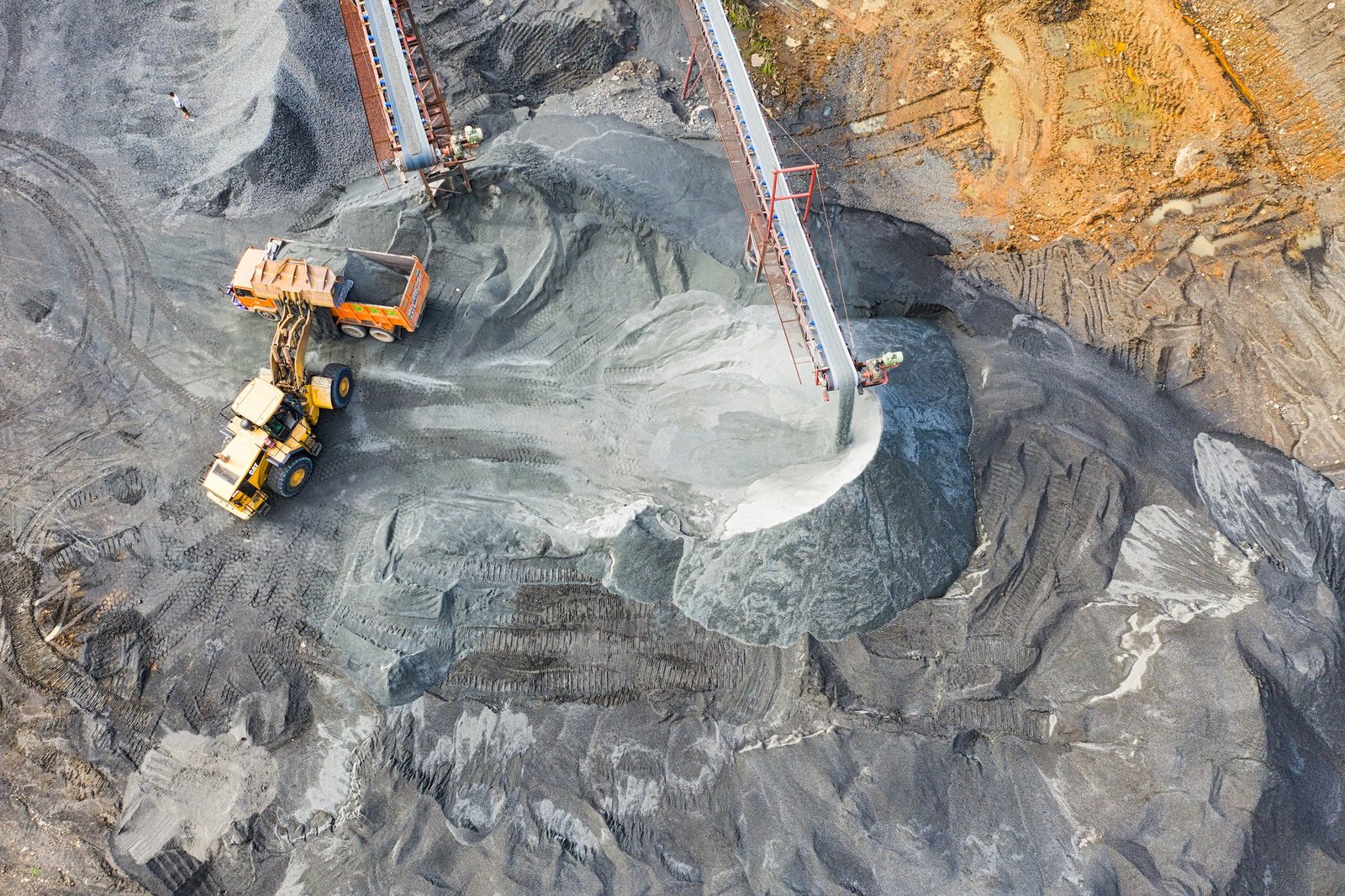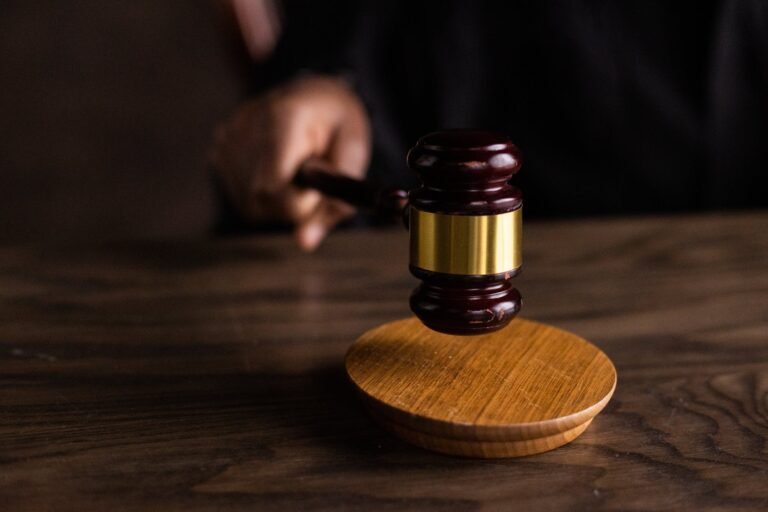The Termination of Mining Concessions in Venezuela: An Analysis of Fair and Equitable Treatment in Gold Reserve Inc. v. Bolivarian Republic of Venezuela
The ever-evolving landscape of international arbitration provides fertile ground for reflecting upon the boundaries of State power in relation to foreign investors. One particularly illuminating case in this context is Gold Reserve Inc. v. Bolivarian Republic of Venezuela, adjudicated by the International Centre for Settlement of Investment Disputes (ICSID). The crux of the dispute hinged on the termination of mining concessions granted to Gold Reserve Inc., a Canadian company, through its US subsidiary. This article, from my perspective as an experienced arbitrator, will delve into the nuances of this arbitration, specifically focusing on the doctrine of fair and equitable treatment.
Historical Overview
Gold Reserve Inc. indirectly owned Brisas, a Venezuelan company that had been granted mining concessions for gold, copper, and molybdenum by the Venezuelan government for a span of 20 years. These concessions were extendable twice for periods of 10 years each, given a 6-month notification prior to expiration. Despite obtaining the required approvals from relevant Ministries, the path was not smooth for the claimant. The pivotal moment came when the Venezuelan Ministry of Environment, post-President Chávez’s inauguration, imposed extra requirements for the construction of mining-related infrastructure. Even after complying with these additional mandates, the Ministry later nullified the construction permit and proceeded to revoke it.
The Arbitration
Gold Reserve Inc., feeling aggrieved, sought redress through arbitration under the ICSID Additional Facility Rules. Their contention? That Venezuela’s actions had transgressed the fair and equitable treatment clause, the most-favored-nation treatment clause, and the expropriation clause of the Bilateral Investment Treaty (BIT).
The Arbitral Tribunal’s reasoning and findings are particularly illuminating. They noted that the revocation of the construction permit was not genuinely rooted in environmental concerns, as posited by Venezuela. Instead, the Tribunal identified a shift in political priorities, driven by the highest echelons of Venezuelan authority, including President Chávez himself. This shift was geared towards the “recovery” of mineral resources, potentially at the expense of foreign investors like Gold Reserve Inc.
Reflections on Fair and Equitable Treatment
The Tribunal’s judgment sheds light on two cardinal principles underpinning the doctrine of fair and equitable treatment:
- Legitimate Expectations: The government of Venezuela, by endorsing the business activities of Gold Reserve Inc. for nearly two decades through various approvals, had engendered a legitimate expectation on the part of the claimant. This expectation was that its mining titles and rights were secure, and the necessary authorizations to commence the exploitation of concessions would be forthcoming. The abrupt change of stance by the Venezuelan authorities, therefore, was a betrayal of these expectations.
- Transparency and Procedural Fairness: The Venezuelan authorities’ imposition of additional requirements without elucidating the reasons, coupled with the revocation of the construction permit without affording the claimant an opportunity to voice its concerns, smacks of opacity. Such conduct is antithetical to the principles of transparency and procedural fairness embodied in the doctrine of fair and equitable treatment.
My Conclusion:
Gold Reserve Inc. v. Bolivarian Republic of Venezuela serves as a cautionary tale for States and investors alike. For States, it underscores the imperative of maintaining a consistent and transparent regulatory framework, honoring the legitimate expectations of foreign investors, and ensuring procedural fairness in decision-making. For investors, it emphasizes the importance of being well-acquainted with the political and regulatory landscape of host States and underscores the utility of Bilateral Investment Treaties as a safeguard against arbitrary State action.
In the ever-complex world of international arbitration, this case reaffirms the pivotal role of fair and equitable treatment, acting as a beacon of guidance for States and investors navigating the tumultuous waters of international investment.



